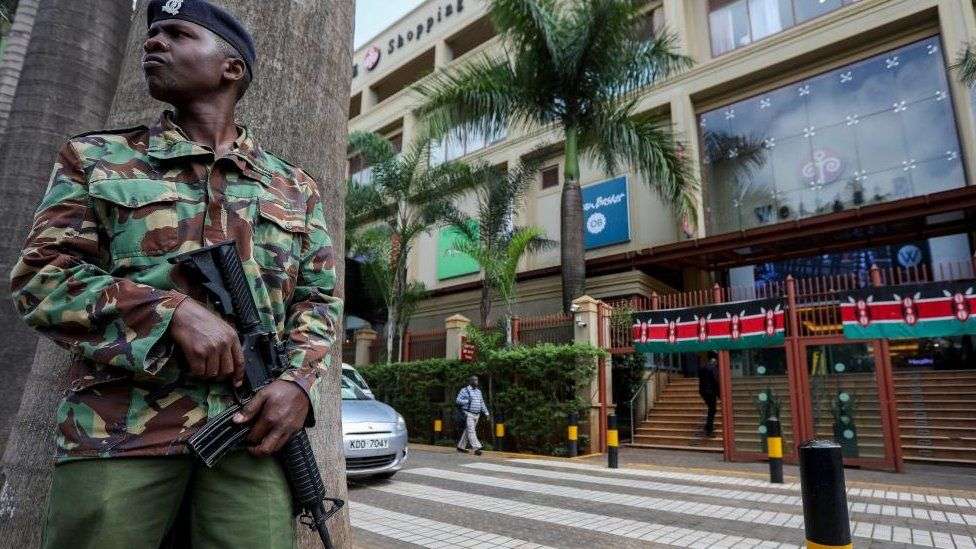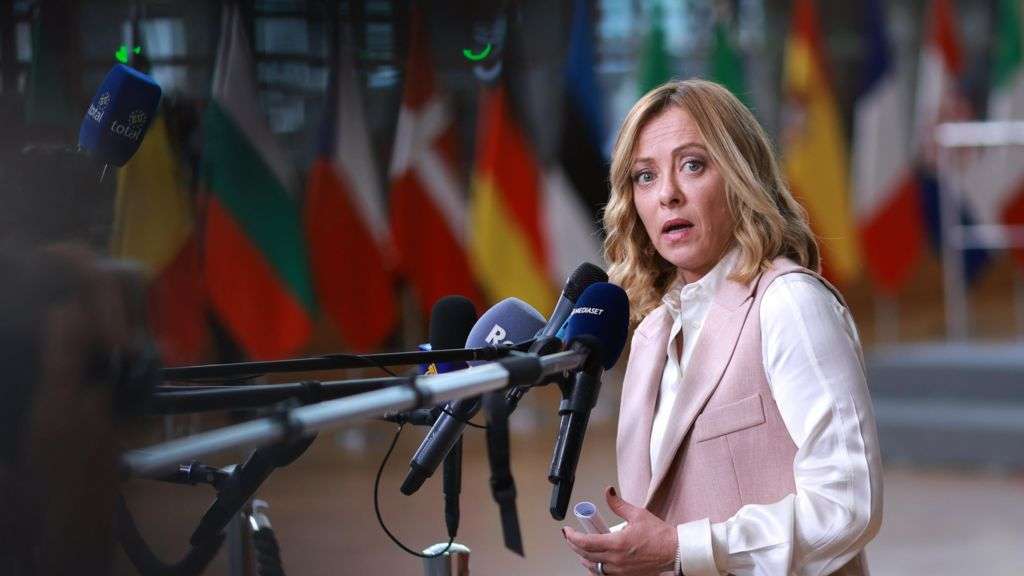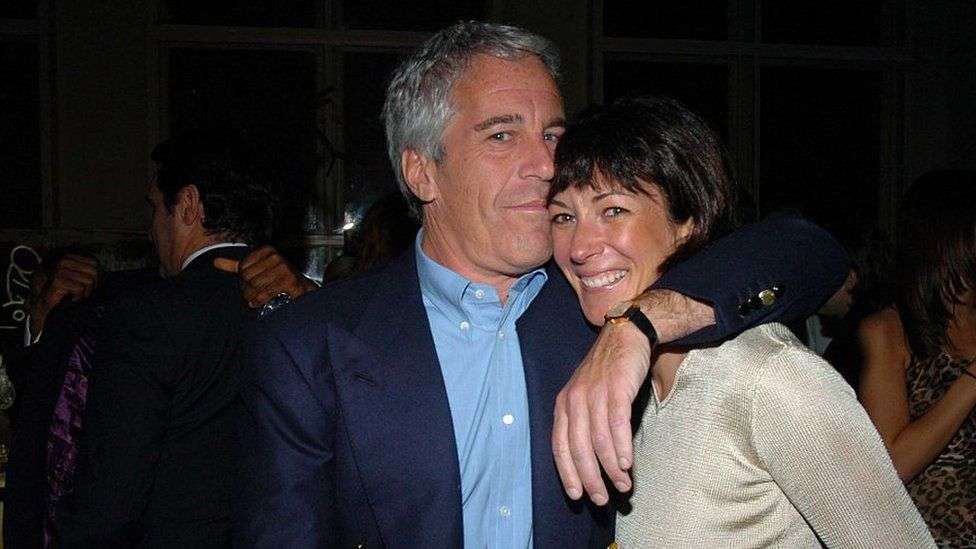Pay for Kenya's police and prison officers is set to rise by 40% over three years following proposals in a review of the security sector, President William Ruto has said.
The salary increase is intended to boost morale and enhance security.
It was one of the recommendations made by a task force looking in to how to improve policing in the country.
Kenyan police have a reputation for brutality and bribery, but there have also been concerns about their welfare.
They are poorly paid and some have ended up turning to crime themselves. Several policeman have taken their own lives in recent years and the fact that many struggle with their mental health has been recognised.
In the past there have been moves to raise their pay but it has not led to a significant change how Kenyans perceive them.
"The review of the terms and conditions of service for our men and women in uniform will enhance their morale and transform our security. It will increase our capacity to protect Kenyans," Mr Ruto said.
He said the recommendation for a 40% pay rise in three years was "well-considered... we will now await the workings the Salaries and Remuneration Commission to make the necessary adjustments so that we implement the decision".
The president said he would deal firmly with corruption, which he recognised was a serious problem in the police service.
He added that the salary increase as well as other proposed reforms would deal with the problems identified by the task force - underfunding, deficient leadership, structural and organisational weakness and corruption.
The task force, led by former chief justice David Maraga, was set up last December, soon after Mr Ruto became president.
It was asked to investigate and suggest how to improve the working and living conditions of police, prison and the National Youth Service (NYS) officers, as well as other reforms.
Among other things, the task force recommended that the minimum age to enter the police force should be increased to 21 from 18 years. It also said that the minimum education requirement in most of the country should be raised to a C-minus grade in the national secondary school exam - currently the minimum entry is a D-plus grade - and that more time should be spent on training.
The task force also wants to see better medical and housing allowances, a reduction of prison over-crowding and an expansion of the NYS - a state-run service that trains young people in life and business skills.
Mr Ruto has said the the government will implement all the recommendations, but warned that it may take a while to make some of the changes as legal and policy amendments would be needed.
You may like








